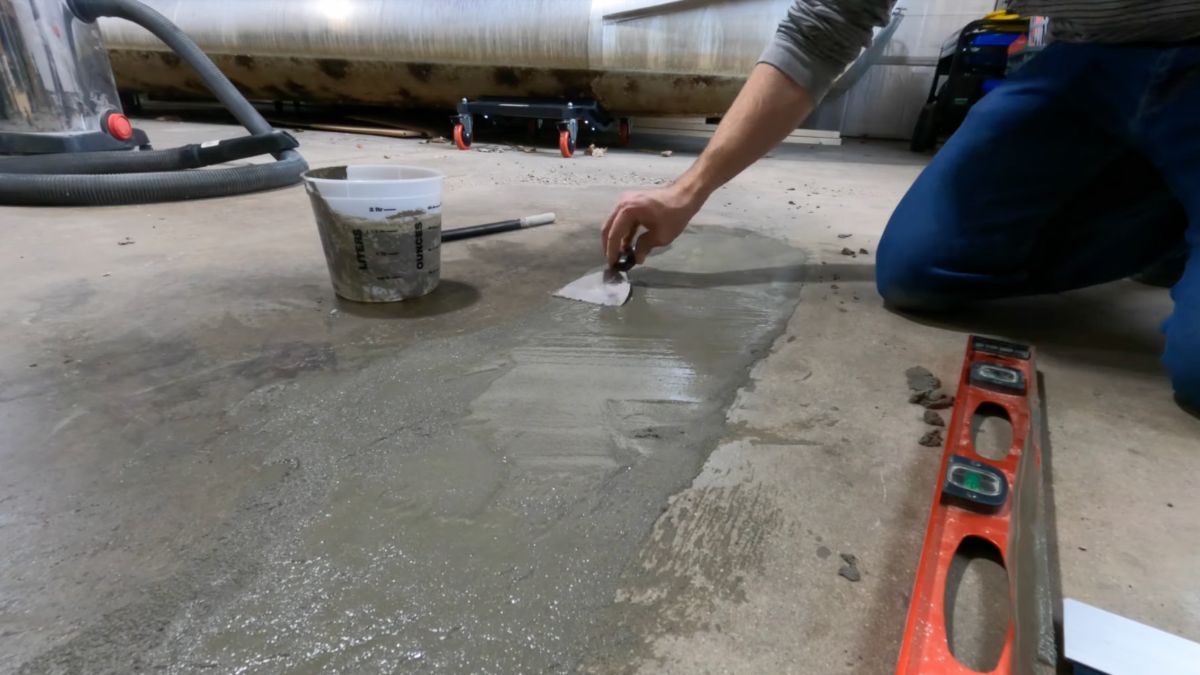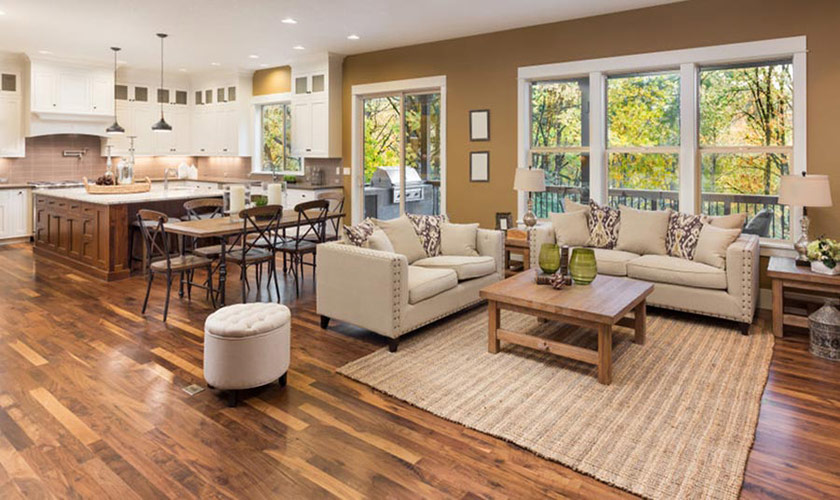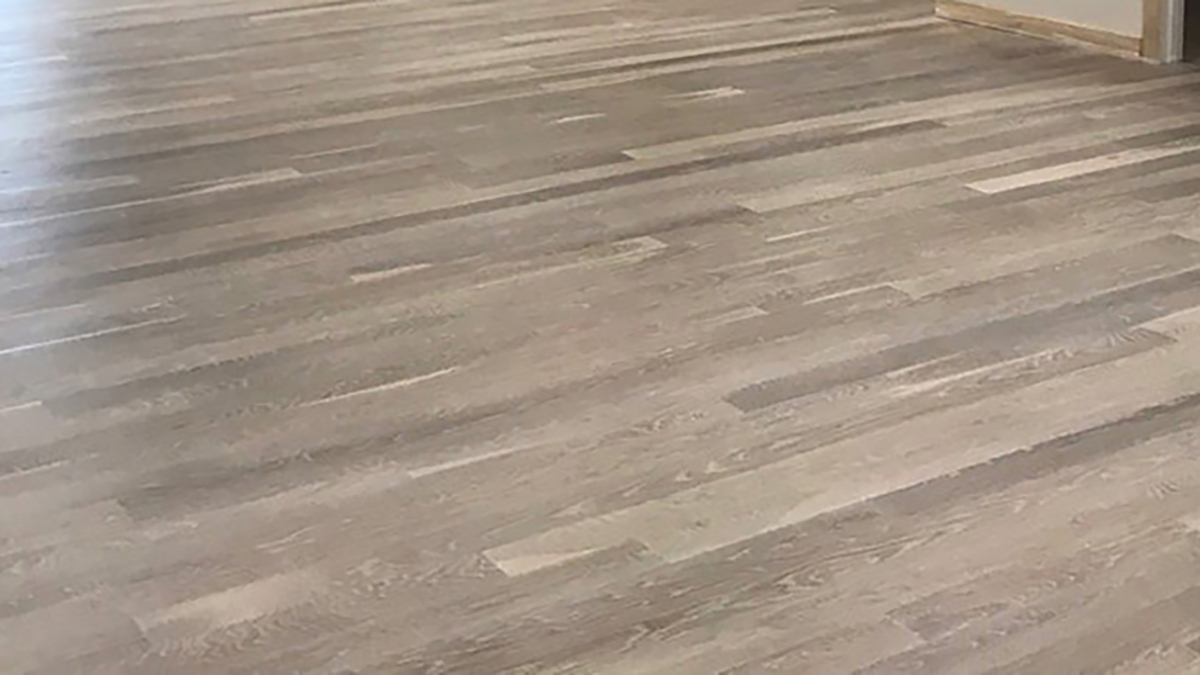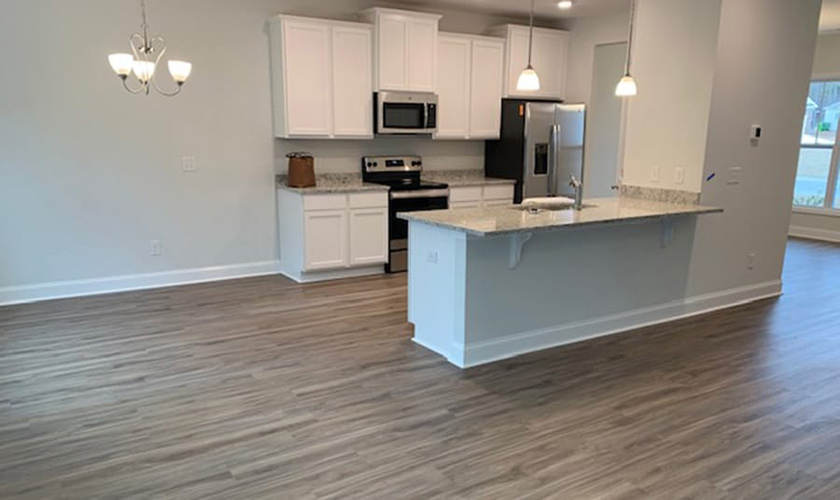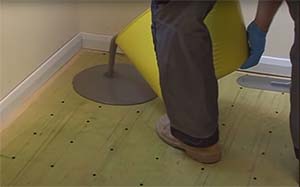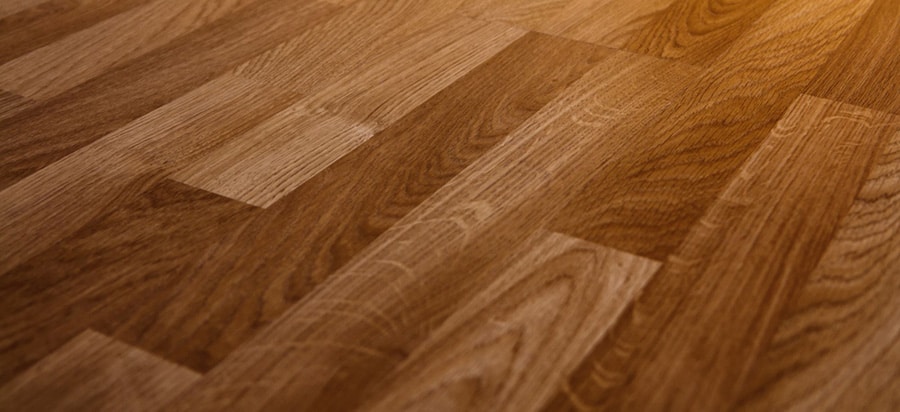
Laminate and LVT, or luxury vinyl tile, flooring are some of the most popular trending types within both residential and commercial areas. Each flooring model is stylish and gives off the look of being real wood or tile. Not only this, but the benefits of being affordable, easy to clean, and having some durability with scratches, wear, and tear is a plus as well.
If you are considering getting either of these floors, you may be looking at the pros and cons, but one of the most important questions many of us ask is if LVT is quieter than laminate?
LVT, or luxury vinyl tile, is sound-absorbing due to its foam-backed qualities and does not make much noise than laminate, which would need something like an underlayment to reduce the sound. You will hear many creaking, cracking, and squeaking coming from laminate, but will not hear much noise coming from LVT flooring unless installed incorrectly or if the subfloor is creaky or uneven.
Due to any noise, homeowners do not like specific floors because of this very reason, especially if you have a lot of activity in your home! Nevertheless, if you already have laminate or LVT flooring that is not very quiet, we want to make sure you know all of the tips and tricks to ensure a better living arrangement for you. Keep reading to find out more information.
Is LVT Flooring Noisy?
Many tile and hardwood floors can be loud by not having an underlayment beneath them, but with LVT flooring, most of the planks are not noisy because they are backed up with an attached moisture barrier underneath. However, if a lower quality flooring does not have any cushion, you can expect the floors to be much louder.
The saying, “you get what you paid for,” is the reality of this particular situation. To avoid this issue, go with top-notch luxury vinyl tile floors, such as Mohawk or Shaw Resilient, or get a high-quality underlayment suited explicitly for vinyl floors.
Something else to keep in mind is that sound is transmitted through a sound transmission class (STC for short), the insulation rating for any floors, walls, doors, etc. An STC also helps with echoing sounds that might occur, like a hard object falling on the floor or your animals running around within your home.
Sound Transmission Class Ratings
Going further into depth, there are a few ratings to look out for with floors on sound transmission, which is a further term, is measured by ICC, or impact insulation class. The ICC tells you how well sound vibrations are traveling from the floor to the room beneath it, such as footsteps approaching. This will further help you get the right quality vinyl floor that fits you and your household best. The bigger the number, the more fading sound you will receive.
- ICC 50: Most stone and tile fall into this class, which essentially boils down to having the least impact with sound absorption. It is most appropriate for ground floors and not recommended above the first story unless the floors have been insulated between the higher floor and ceiling.
- ICC 60: Wood, laminates, and types of vinyl fall into this category. This means that they have a medium impact sound.
- ICC 65: Used for a higher level of absorption, such as with carpet and cork.
Having an underlayment will severely positively affect your floors’ insulation, so it will be one of the best things to do if you take this route. Not only does an underlay help with noise reduction, but it can help smooth out the floors if your subfloor is uneven or you want to protect them further from potential moisture. Just know that it will not affect any rattling or squeaking with your floors.
Why Does My Vinyl and Laminate Floor Crackle?
When you want to install your floors, make sure that the subfloor is completely leveled out. Otherwise, it will crack in areas that are not entirely stable. The movement will cause stress between the subfloor and planks, eventually causing them to split or fissure.
Another way that will cause your floors to make noise is from poor positioning. To make sure this is not an issue, make sure that you leave 1/4th of an inch between the flooring and walls to expand when it is hot and compression when it is cold to happen.
Temperature can also have a leading cause as to why the floors are cracking, especially during winter. When your general area has a higher climate, it will not grind nearly as often because it is more relaxed. Think of it like how our bodies are. During the cold months, we get stiffer, but our bodies are more flexible during summertime.
How To Reduce The Sound Of Noisy Flooring?
Nobody wants their floors to be noisy, especially when trying to get that midnight snack, and do not want anyone knowing about it. You might find that you love LVT floors compared to laminate, or vice versa. In this case, what are some of the best ways to reduce loud floors?
- Remove the flooring altogether and redo the surface: If you have used adhesive for your LVT floors, it would be relatively hard to unfasten them, and you may damage the floors in this case. However, floating luxury vinyl tile or laminate floors can quickly be taken out and go back to the drawing board. If you have not already learned, laminate floors will not be glued down because they are supported by a locking system and do not entirely connect to the underfloor.
- Make sure your subfloor is level: As this is a significant reason why the floors make a lot of commotion, you need a way to make sure it is even. It can be hard work, so save yourself the energy and frustration and call a professional for help.
- Increase the expansion gap: Typically, you will want to keep the expansion gap from the floor to the wall at 1/4th an inch, but if there is buckling or clamor involved, it would be safe to make the gap 3/8th an inch, or 9.5mm.
- Wait for the floors to settle: When a new floor is installed, they need time to settle into place, just like we break in new shoes. If the noise does not change after a few months, try replacing them with different floors or leave it be.
- Consider an underlayment: LVT flooring has underlayment attached to them, but laminate floors are different and would need them more often than not since they are much noisier.
What Is The Best Flooring For Noise Reduction?
In the morning, you wake up before everyone else and start your day with a nice cup of coffee. It is so lovely and relaxing, then you hear, “thump, thump, thump” upstairs, which means that the children are starting to wake up. You then get a bit frustrated, because the quiet morning turned into a loud and busy morning, and think, “I wish I had quieter floors!”
If you are looking into getting new floors soon, some of the best ones to consider to get for your everyday life are:
- Luxury vinyl tile: Yes, LVT flooring is one of the best options to use within your household. It holds other benefits from being quiet, such as strength, warmth, insulation, easy maintenance, and price, which is much more affordable than natural tile or wood.
- Carpet: Some homeowners may not want to get carpet because of the stains, but this would be an excellent choice to mitigate sound. If you go this route, choose one that is easier to maintain but not such a high carpet that all your small belongings will be lost in it.
- Cork: When properly sealed together, it is resistant to mold and mildew. Not only that, but cork is a more natural alternative than most flooring brands out there due to not emitting off-gasses that are harmful to the environment.
Is LVT Better Than Laminate?
Overall, luxury vinyl tile is more rigid than laminate, but both are made with excellence in design. LVT is also much more challenging to recycle due to VOCs’ usage, or volatile organic compounds, which are thicker than the standard plastic and emits gasses into the air. In contrast, laminate is made up of fiberboards and melamine resin, which is easy to recycle.
Not only that, but LVT is waterproof, whereas laminate flooring can easily get damaged from water, which is why it is not recommended for being in places with a lot of moisture in it, such as the bathroom. All in all, both floors have their pros and cons.
Final Thought
Although both floors have their pros and cons in terms of louder and quieter, it is very safe to say that LVT is much less prone to squeaking all over the place. As a recap, make sure your subfloors are even installed correctly, and consider a moisture barrier for either flooring to ensure a much better quality of life. Whichever you decide to choose, know that both laminate and luxury vinyl tile are excellent choices.


